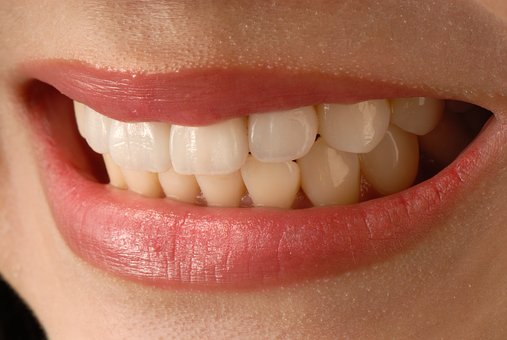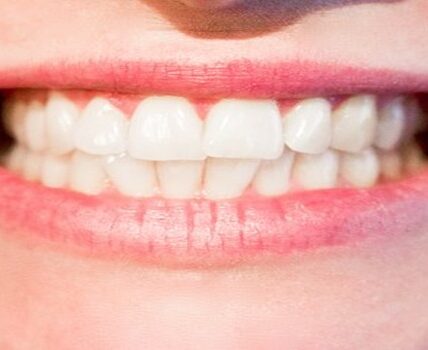Swollen gums can be uncomfortable, unsightly, and a sign that something isn’t quite right with your oral health. While occasional gum irritation may not be a major cause for concern, persistent swelling should never be ignored. Understanding the common causes of swollen gums and learning how to prevent them can help you maintain a healthy, pain-free smile.
Common Causes of Swollen Gums
-
Poor Oral Hygiene
One of the most common reasons for swollen gums is plaque buildup due to inadequate brushing and flossing. When plaque isn’t removed, it hardens into tartar and irritates the gum tissue, leading to inflammation and swelling. -
Gingivitis
Gingivitis is the early stage of gum disease, and swollen, red, or bleeding gums are often the first signs. If left untreated, gingivitis can progress to more serious periodontal disease, which can damage your gums and the bone supporting your teeth. -
Nutritional Deficiencies
Lack of essential nutrients, particularly vitamin C, can lead to gum problems. A deficiency in vitamin C may result in bleeding and swollen gums, a condition known as scurvy in severe cases. -
Hormonal Changes
Hormonal fluctuations during pregnancy, menstruation, or menopause can increase blood flow to the gums, making them more sensitive and prone to swelling. -
Infections
Viral or fungal infections, such as herpes or thrush, can cause gum inflammation and swelling. These conditions often require medical attention for proper treatment. -
Dental Appliances
Ill-fitting dentures or braces can irritate the gum tissue, causing inflammation and swelling. Regular dental check-ups can help ensure your appliances fit properly.
Simple Prevention Strategies
-
Brush and Floss Daily
Maintain a consistent oral hygiene routine by brushing twice a day with fluoride toothpaste and flossing daily. This removes plaque and prevents gum irritation. -
Visit Your Dentist Regularly
Routine dental check-ups and professional cleanings help catch gum issues early and keep your mouth healthy. -
Eat a Balanced Diet
Include plenty of fresh fruits and vegetables in your diet to ensure you’re getting enough vitamins, especially vitamin C and D. -
Stay Hydrated
Drinking water helps wash away food particles and bacteria that can irritate your gums. -
Quit Smoking
Tobacco use significantly increases the risk of gum disease and can interfere with healing and gum health. -
Be Gentle with Your Gums
Use a soft-bristled toothbrush and avoid brushing too aggressively, which can damage gum tissue.
If you’re experiencing persistent gum swelling, it’s best to consult your dentist. Early diagnosis and proper care can prevent serious oral health issues and keep your smile healthy for years to come.




